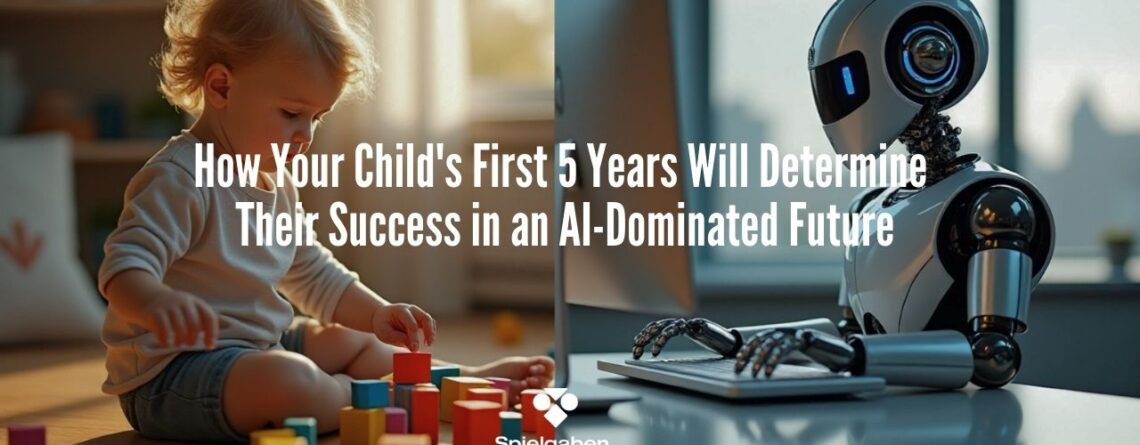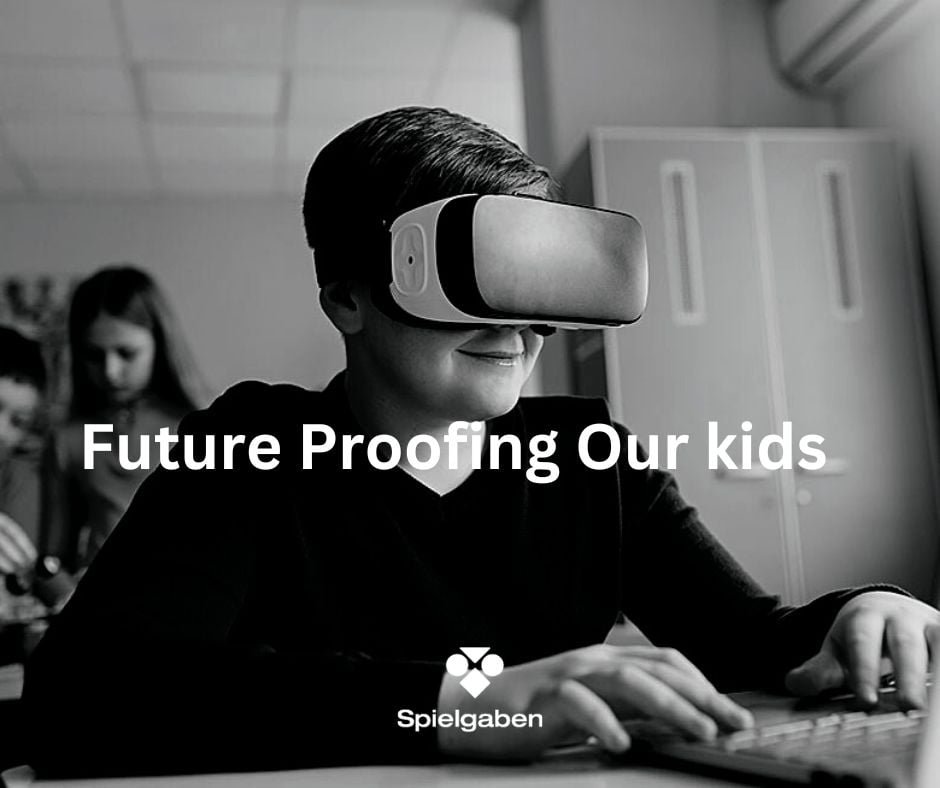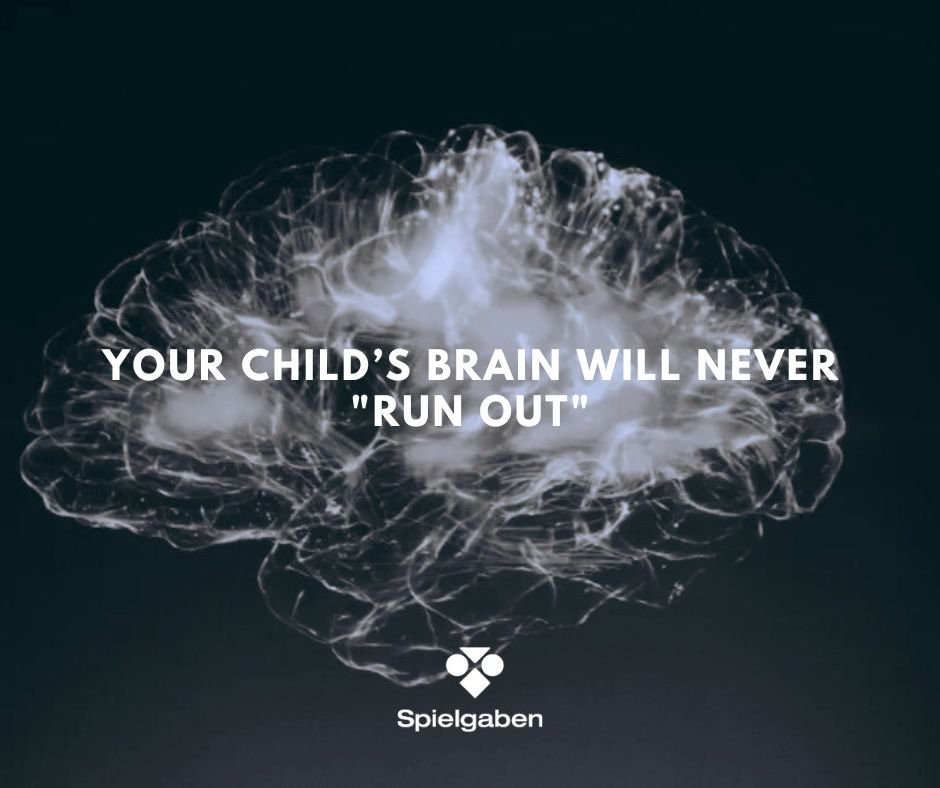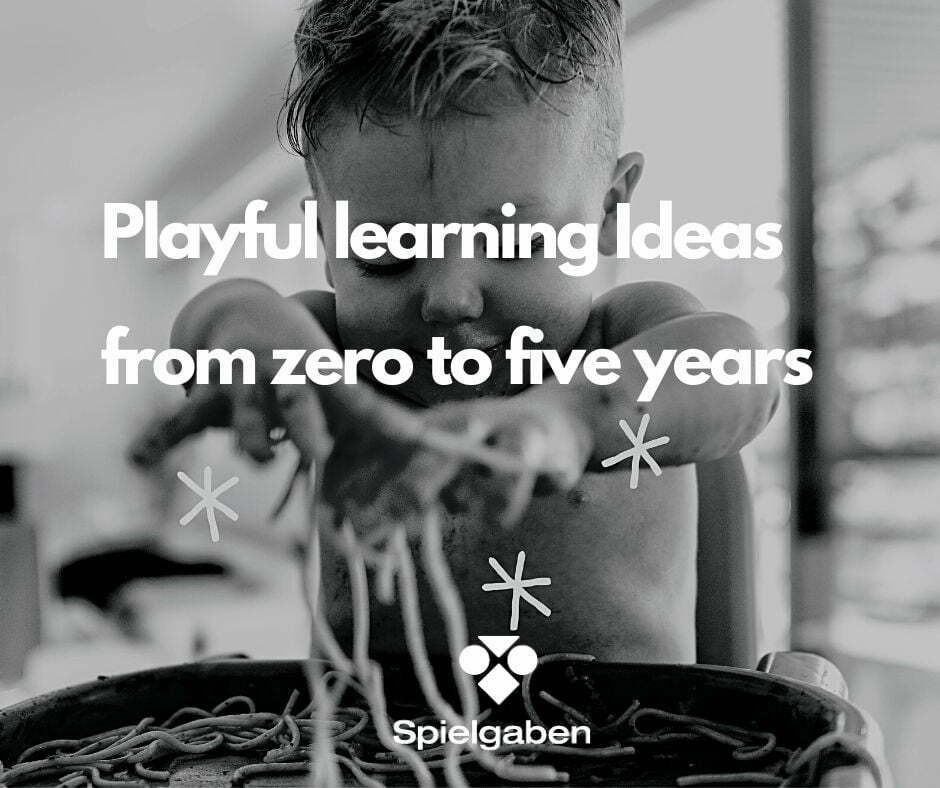How Your Child’s First 5 Years Will Determine Their Success in an AI-Dominated Future
Are You Preparing Your Child for a World Where 99% of Jobs Won’t Exist?
Picture this: Your precious 3-year-old is building blocks on your living room floor. By the time they graduate high school, humanoid robots will handle everything from plumbing to accounting. Ninety percent of today’s jobs will vanish by 2040, according to leading AI researchers.
But here’s what’s even more shocking—the children who will thrive aren’t necessarily the “smartest” ones. They’re the ones whose parents knew how to nurture three specific skills during those crucial early years.
What if I told you that everything you think you know about preparing your child for success is on the verge of becoming obsolete?
Sounds extreme? Take a look at this eye-opening YouTube video, released just a few days ago. It left me genuinely concerned—and convinced it’s worth your time if you haven’t seen it yet:
Why Traditional Education Won’t Save Your Child
You’ve probably heard the advice: “Focus on STEM subjects” or “Get them coding early.” But here’s the uncomfortable truth—AI systems now solve millennium-level mathematical problems and write complex code faster than PhD graduates.
The skills that made us successful won’t work for them.
While you’re worrying about whether your child knows their ABCs by age 3, tech leaders are already planning for a world where artificial intelligence handles all analytical thinking. The question isn’t whether your child can compete with AI—they can’t. The question is: Can they work alongside it?
The Three Skills That Will Make Your Child Irreplaceable
Emotional Intelligence: The Ultimate Human Advantage
Your toddler’s tantrum isn’t just a phase—it’s a learning opportunity that could determine their future earning potential.
Children with high emotional intelligence earn 58% more throughout their careers, according to research from TalentSmart. But here’s what most parents don’t realize: The window for developing emotional intelligence closes much earlier than you think.
How do you build this skill today?
- Narrate emotions: “I see you’re frustrated because the tower fell down”
- Model empathy: Show them how you comfort others
- Create emotional vocabulary: Use specific feeling words beyond “happy” or “sad”
Yes, it’s that simple. And yes, it’s that powerful.
Creative Problem-Solving: What AI Can’t Replicate
While AI can generate art and write stories, it can’t innovate the way humans do. Your child’s ability to think outside the box will become their superpower.
Creativity isn’t about being artistic—it’s about approaching problems differently.
Want to boost their creative thinking instantly? Try these:
- Open-ended play: Simple, versatile materials work best—think cardboard boxes, wooden blocks, or open-ended educational play systems like Spielgaben that transform education into open-ended play.
- “What if” games: “What if cars could fly?”
- Mistake celebrations: Turn errors into exploration opportunities
Remember: Every time you solve a problem for them, you rob them of a chance to build this crucial skill.
Adaptability: The Skill That Trumps All Others
The jobs your child will have don’t exist yet. The problems they’ll solve haven’t been discovered. The only constant will be change.
Adaptability isn’t just about rolling with the punches—it’s about thriving in uncertainty. And you can start building this skill before they can even talk.
How? Embrace controlled chaos in your daily routine.
- Change up your walking route to the park
- Try new foods together regularly
- Let them figure out solutions when plans change
- Celebrate flexibility: “We’re great at handling surprises!”
The Biggest Mistake 89% of Parents Make
Stop trying to give your child all the answers.
I know it feels good to swoop in and fix everything. But every time you rescue them from struggle, you’re weakening their resilience muscle. And in a world where change happens at lightning speed, resilience separates the survivors from the casualties.
The uncomfortable truth? Your child needs to fail—and fail often—while the stakes are still low.
Building Future-Ready Skills Through Play
Here’s something that’ll surprise you: The most effective early education happens during unstructured playtime, not formal lessons.
Ages 2-3: Foundation Building
- Sensory exploration: Sand, water, textures
- Cause and effect games: “If I do this, what happens?”
- Simple choice-making: “Red shirt or blue shirt?”
Ages 3-4: Skill Development
- Cooperative play: Sharing, turn-taking, collaboration
- Story creation: “What happens next in our adventure?”
- Basic problem-solving: Puzzles, building challenges
Ages 4-5: Independence Preparation
- Self-directed projects: Let them choose and complete tasks
- Conflict resolution: Guide them through disagreements
- Goal setting: “What do you want to learn this week?”
The Technology Balance Your Child Desperately Needs
Before you panic about screen time, understand this: Technology isn’t the enemy—passive consumption is.
Your child will grow up in an AI world. They need to become creators, not just consumers, of technology. But they also need to understand when to unplug and rely on their human intuition.
The golden rule? For every hour of screen time, provide two hours of hands-on, real-world exploration.
Why Starting Now Gives You a 10-Year Advantage
Brain development research shows us something incredible: 80% of your child’s brain develops before age 3, and 90% before age 5.
Every interaction you have today literally shapes their neural pathways. You’re not just teaching them skills—you’re wiring their brains for future success.
Want proof? Children who receive high-quality early education earn 25% more as adults and are 42% less likely to need special education services later.
Your Action Plan for Tomorrow’s World
You don’t need to revolutionize everything overnight. Start with these three simple changes today:
Week 1: Replace one “teaching moment” with a “discovery moment.” Instead of explaining why something works, let them experiment and figure it out.
Week 2: Add one emotional intelligence practice to your daily routine. Name feelings as they happen—yours and theirs.
Week 3: Create one problem-solving opportunity each day. Let them struggle (safely) with puzzles, clothing, or simple tasks.
These small shifts compound over time. In 6 months, you’ll barely recognize the confident, creative, adaptable child you’re raising.
Remember: You’re not preparing them for the world that exists today—you’re preparing them for a world of endless possibility. The children who’ll thrive tomorrow are the ones whose parents started building these skills today.
The future belongs to the creative, the adaptable, and the emotionally intelligent. Build these skills now, build them consistently, and build them with confidence.
Your child’s future starts with your very next interaction.
Ready to give your child an unbeatable advantage? Start with just one skill today—their tomorrow depends on it.













LEAVE A COMMENT